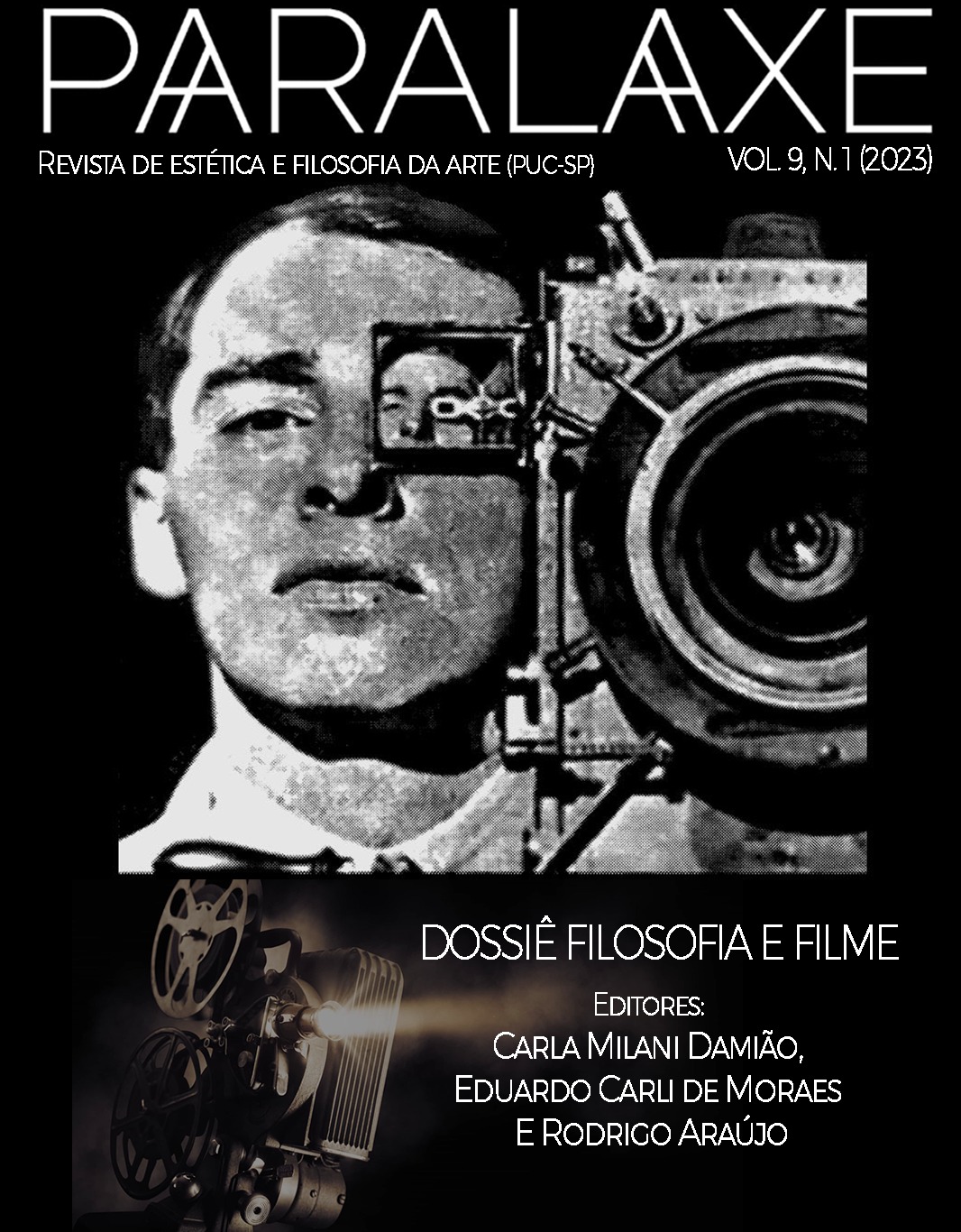Brecht: theatre and cinema
O teatro e o cinema
DOI:
https://doi.org/10.23925/2318-9215.2023v9n1D5Keywords:
Bertolt Brecht, Walter Benjamin, peças de aprendizagem, teatro épico , Nouvelle VagueAbstract
Abstract: In this article we present Brecht's reflections on the epic and pedagogical theater and some of his experiments in cinema. Such reflections refer to the importance of theater as a place of learning for Brecht and alongside that, how cinema may or may not be conducive to public education. We used Benjamin's reflections on cinema in order to draw a parallel between his conceptions and Brecht's on the learning provided by cinema. Secondly, we present Brecht's arguments for returning to the theater and how his ideas and practices will influence both the cinema and the theater, and it is often difficult to perceive his influence, as well as his way of acting in the different arts
References
A GRANDE TESTEMUNHA: Série de Eventos: MOSTRA BRESSON-MARKER. In: Cinemateca brasileira. [S. l.], 2023. Disponível em: https://www.cinemateca.org.br/exibicao/a-grande-testemunha-2/. Acesso em: 15 ago. 2023.
ARENDT, Hannah. A condição Humana. Tradução: Roberto Raposo. 13. ed. Rio de Janeiro: Forense Universitária, 2017.
BAZIN, André. "Diário de um Pároco de Aldeia" e a estilística de Robert Bresson. In: BAZIN, André. O que é o cinema?. 3. ed. São Paulo: Ubu Editora, 2021. cap. 11, p. 148-167.
BERGER, John. Why Look at Animals?. In: BERGER, John. About Looking. Nova York: Pantheon Books, 1980. p. 1-26.
BERLIN, Isaiah. Os românticos contidos. In: BERLIN, Isaiah. As raízes do Romantismo. Tradução: Isa Mara Lando. 1. ed. São Paulo: Fósforo, 2022. cap. 4, p. 105-136.
BERNARDET, Jean-Claude. O que é cinema?: Coleção Primeiros Passos. 1. ed. Tatuapé, São Paulo: Brasiliense, 1996. 120 p. v. 9.
CIOCHETTI, Vitor Miranda; ULTRAMARI, Nicholas Yoshizato. Pensar as crises com Hannah Arendt: um exercício de pensamento sobre educação, política e pandemia. Primeiros Escritos, São Paulo, v. 11, n. 1, p. 260-271, 13 abr. 2022.
DANIEL, Kasman. The Donkey’s Eyes: Jerzy Skolimowski Discusses “EO”. In: Notebook. [S. l.], 18 nov. 2022. Disponível em: https://mubi.com/en/notebook/posts/the-donkey-s-eyes-jerzy-skolimowski-discusses-eo. Acesso em: 10 set. 2023.
DERRIDA, Jacques. O animal que logo sou. Tradução: Fábio Landa. 1. ed. São Paulo: Editora Unesp, 2002. 92 p.
LISTE des dix meilleurs films de l‘année 1966: (dessin: Alain Le Saux). Cahiers du Cinéma, Paris, ano 7, n. 186, 1 jan. 1967. Rubriques, p. 18-22. Disponível em: https://www.cahiersducinema.com/boutique/produit/n186-janvier-1967/. Acesso em: 12 jul. 2023.
Downloads
Published
Versions
- 2025-02-03 (2)
- 2024-07-28 (1)
How to Cite
Issue
Section
License
Cedo à revista Paralaxe os direitos autorais de publicação de meu artigo e consultarei o editor científico da revista caso queira republicá-lo depois em livro.


